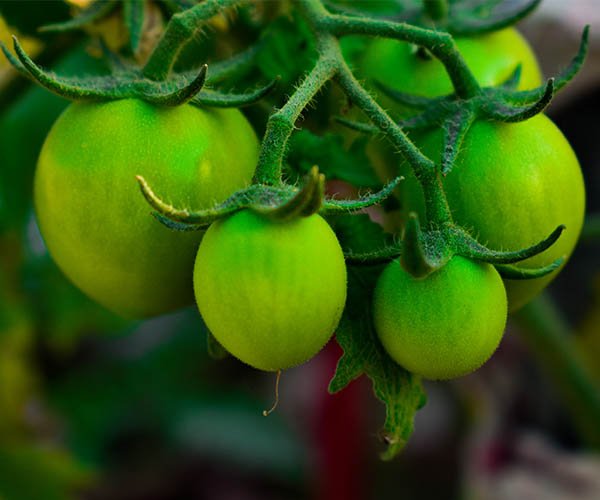Agricultural Chitosan has wide adaptability to plants, good affinity, no side effects, can be biodegraded, does not compact the soil, can be slowly degraded into small molecular carbohydrates, and has no pollution to the environment.
Chitosan is a natural polysaccharide chitin deacetylated product, chitosan has many unique properties such as biodegradability, cell affinity and biological effect, especially containing free amino groups.
The role of agricultural chitosan on crops
1. Regulating plant growth:
Agricultural Chitosan can increase the germination rate, plant height, weight per plant, root length, leaf area, etc. It can increase crop output, such as increasing the output of grain crops such as wheat, rice, corn, and soybean; it can also increase the output of vegetables such as cucumber, cabbage, tomato, and potato.
2. Improve the quality of crops:
Significantly increase the protein content of crops. In addition, it can increase the content of vitamin C, total soluble sugar, and reduce the content of crude fiber. Therefore, chitosan can achieve the purpose of improving the nutritional quality of crops, making them more nutritious and of higher commodity value.
3. Inhibit the growth of pathogenic bacteria:
Agricultural Chitosan can improve the activity of crops and the ability to resist pests and diseases. Studies have shown that between plant pathogenic bacteria and parasitic plants, chitosan can hinder the germination and growth of spores of plant pathogenic bacteria, and induce the protective function of pathogen infection.
4. Environmental protection:
Compared with other plant regulators, organic chitosan has the advantages of natural, environmental compatibility, high activity, and easy degradation. Therefore, it has great development prospects in agriculture.
How to use Agricultural Chitosan?
1. Seed soaking
Corn: the recommended concentration is 0.05%, which can be used for soaking corn seeds.
Cucumber: the recommended concentration is 0.15%, which can be used for soaking cucumber seeds.
2. Coating
Soybean: 1% chitosan solution, spray soybean seeds directly with it, and stir while spraying, so that the seeds are evenly wrapped by chitosan solution. Every 100ml chitosan solution (that is, every gram of chitosan) can treat 1KG soybean seeds.
Cabbage: 1% chitosan solution, which is directly used to spray cabbage seeds, and stir while spraying to make it even. Every 100ml chitosan solution (that is, every gram of chitosan) can treat 1.67KG cabbage seeds.
3. Growth-promoting foliar sprays
Cabbage: the recommended concentration is 40ppm (0.004%).
Potatoes and other rhizomes: the recommended concentration is 20ppm (0.002%). The spraying method can refer to cabbage or cucumber.
Cucumber: the recommended concentration is 100ppm (0.01%).
4. Foliar sprays for inhibiting pathogenic bacteria and resisting pests and diseases
Provide chitosan solution with concentration of 1%. When in use, spray directly on the leaves without adding water. If as precaution, the concentration of chitosan can be diluted to 0.2%, that is, it can be mixed with 4 times of water.
5. Soil conditioner
As soil improver, it can effectively inhibit the reproduction of pathogenic bacteria in the soil, can promote the growth of crops, and has the advantages of stable antibacterial effect, long duration, no pollution, and low cost. The soil improver is suitable for dry fields and paddy fields, especially for soil improvement in greenhouses.
As soil conditioner, the concentration is 250ppm (0.025%).
6. Soil heavy metal curing agent
Utilizing the characteristics of chitin and chitosan with strong metal ion adsorption capacity, using cleanly produced agricultural chitin as raw material, through micro-dissolution, modification, cross-linking, chelation and other processes, the produced soil heavy metal solidification restoration product with high stability.


